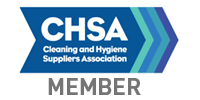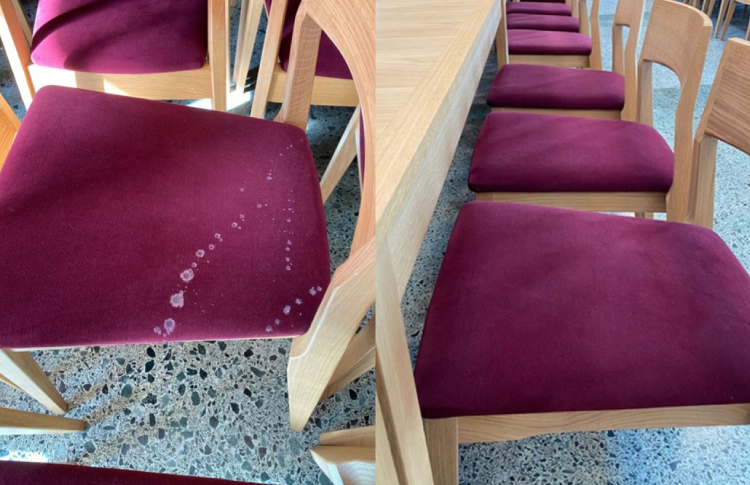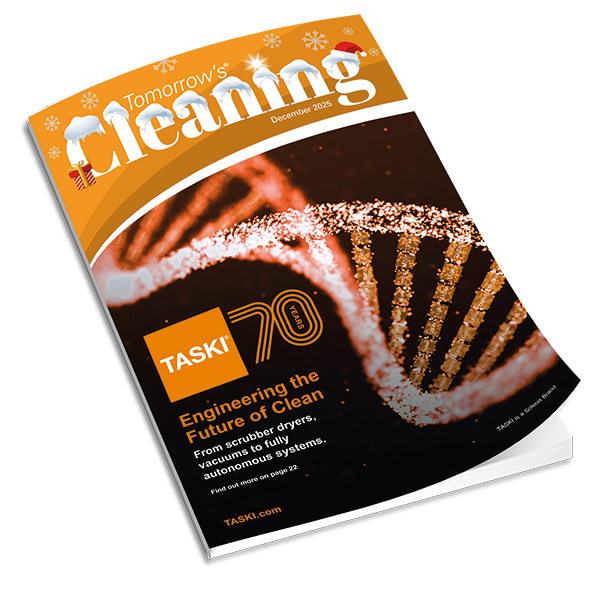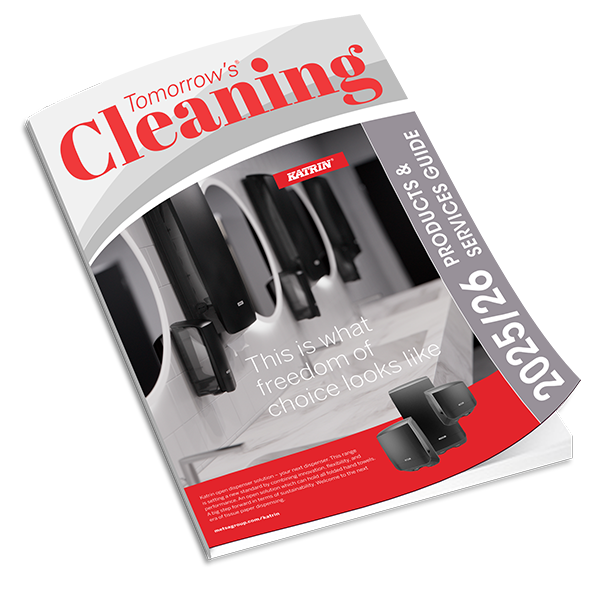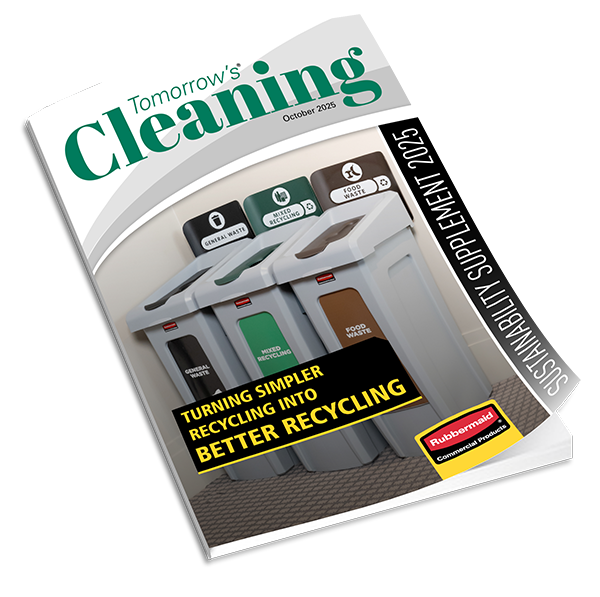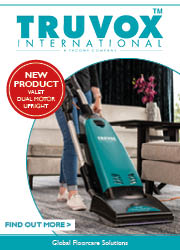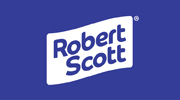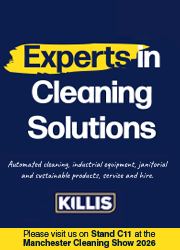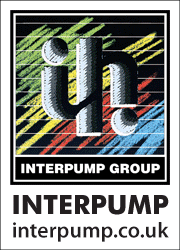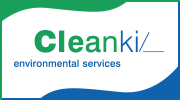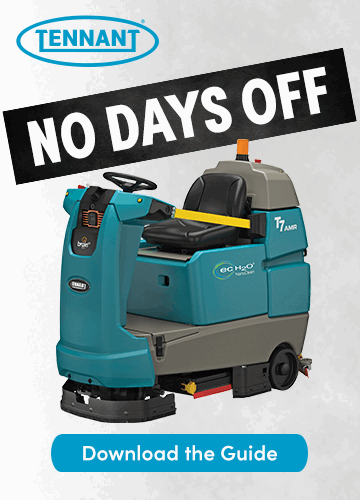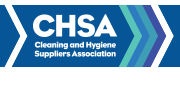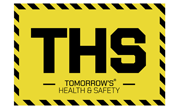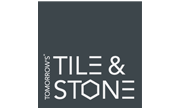Delphis Eco, the British pioneer in sustainable cleaning products, has welcomed the recent greenwash witch hunt undertaken by Which?
The award-winning business believes that the public desperately needs respected independent verification, and Which?’s 20,000 product deep dive is welcomed by consumers and brands fighting against bulge budget brands and over-eager advertising agencies who actively mislead consumers.
Which? highlighted that six in every 10 products failed across multiple principles of the Competition and Markets Authority (CMA) Green Claims Code’s six principles. Even more alarming, 84% failed at least one of the CMA’s principal checks.
Delphis Eco CEO, Mark Jankovich, said: “Where is the jeopardy for the brands and advertising agencies and how can the Green Claims Code be so badly abused? Where is the Advertising Standards Authority (ASA)? Well done Which? for doing the ASA’s job.
“Here at Delphis Eco, we are hugely proud of being eco-disruptors and are fastidious about any claims we make. Thank you to Which? for pointing out the single word we misquoted across our 168 product portfolio. We claimed in a product description that one of our products was ‘highly biodegradable’ when the correct technical term should have been ‘readily biodegradable’. This is a silly error which we are frustrated about and was immediately amended to be in full compliance with CMA guidance.”
Which? highlighted cleaning products as one of the categories with the highest rate of misleading environmental claims. Delphis Eco’s near-flawless result proves the company’s uncompromising stance on truthful marketing, scientific accuracy and responsible packaging.
Mark Jankovich continued: “What does ‘ocean-bound’ plastic mean? Why do companies claim that their dissolvable laundry or refill sachets are 100% biodegradable, when they know that they leave microplastics in the environment. Where again is the ASA?
“We have been pioneering making eco-friendly cleaning products for nearly 20 years and have repeatedly broken the mould inventing products that are better for both the planet and users. We take pride in ensuring every claim on our products is backed by science and transparency, and having an error rate of 0.6% versus an 84% failure rate confirms our rigorous approach to overall product sustainability and packaging integrity – not just marketing fluff.”
Delphis Eco’s packaging uses 100% recycled plastic, features clear eco-labelling and prioritises readability and accountability, helping customers make informed decisions without falling into greenwashing traps.
Delphis Eco continues to call for tighter regulation, better retailer oversight and support for businesses that genuinely commit to sustainable practices – not those chasing trends with vague, unverifiable statements.


